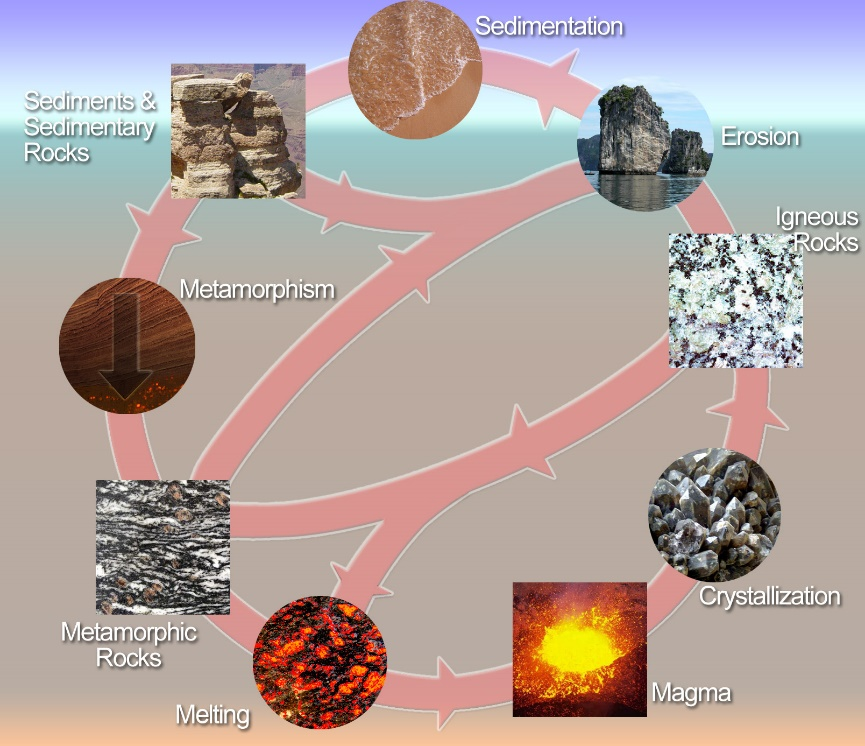An Adequate ground investigation is an essential preliminary to the execution of a civil engineering project.. Sufficient information must be obtained to enable a safe and economic design to be made and to avoid any difficulties during construction. The principal objects of the investigation are:
- Determine the sequence, thickness and lateral extent of the soil strata and, where appropriate, the level of bedrock;
- Obtain representative samples of the soils and rock for identification and classification, and, if necessary, for use in laboratory tests to determine relevant engineering parameters;
- Identify the groundwater condition.
The investigation may also include the performance of in-situ tests to assess appropriate soil characteristics. Additional considerations arise if it is suspected that the ground may be contaminated. The results of a ground investigation should provide adequate information, for example to enable the most suitable type of foundation for a proposed structure to be selected, and to indicate if special problems are likely to arise during construction.

Before any geotechnical investigations visits your site, a desktop study is performed. This involves collating available relevant information, about the site to assist in planning the subsequent fieldwork. A study of geological maps and memoirs, if available, should give an indication of the probable soil conditions of the site. If the site is extensive and if no existing information is available, the use of aerial photographs, topographical maps or satellite imagery can be useful in identifying existing features of geological significance. Existing borehole or other site investigation data may have been collected for previous uses of the site. Particular care must be taken for sites that have been used previously where additional ground hazards may exist, including buried foundations, services, mine workings. Such previous uses may be obtained by examining historical mapping data.
Before start of drilling or sampling working an inspection of the site and the surrounding area should be made on foot. Riverbanks, existing excavations, quarries and road or railway cuttings, for example, can yield, valuable information regarding the nature of the strata and groundwater conditions; existing structures should be examined for signs of settlement damage. Previous experience of conditions in the area may have been obtained adjacent owners. Considerations of all of the information obtained in the desktop study enables the most suitable type of investigation to be selected and allows the fieldwork to be targeted to the best characterise the site. This will ultimately result in a more effective site investigation.
The actual investigation procedure depends on the nature of the strata and the type of project but will normally involve the excavation of boreholes or test pits. The number and location of boreholes, test pits should be planned to enable the basic geological structure of the site to be determined and significant irregularities in the subsurface conditions to e detected. However, due natural variability in soil profiles it is practically impossible to guarantee that exact conditions predicted from the investigation would present across the whole site during construction. This is why it is important to have a geotechnical engineer perform inspections at critical stages during the construction process to confirm that actual conditions encountered conforms with the geotechnical investigation and repot and structural design requirements.
It is essential that the investigation is taken to an adequate depth. The depth depends on the type and size of the project, but must include all strata liable to be significantly affected by the structure and its construction. The investigation must extend below all strata which might have inadequate shear strength for the support of foundations, or which would give rise to significant settlement. If the use of deep foundations is anticipated the investigation will thus have to be extend to a considerable depth below the surface. If rock is encountered, it should be penetrated by at least 3 m in more than one location to confirm that bedrock (and not a large boulder or floater) has been reached, unless geological knowledge indicates otherwise. The investigation may have to be taken to depths greater than the normal in areas of old mine sites or other underground cavities.